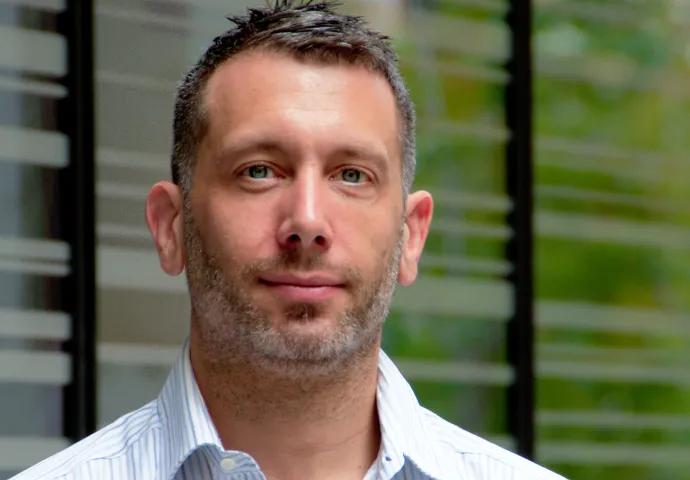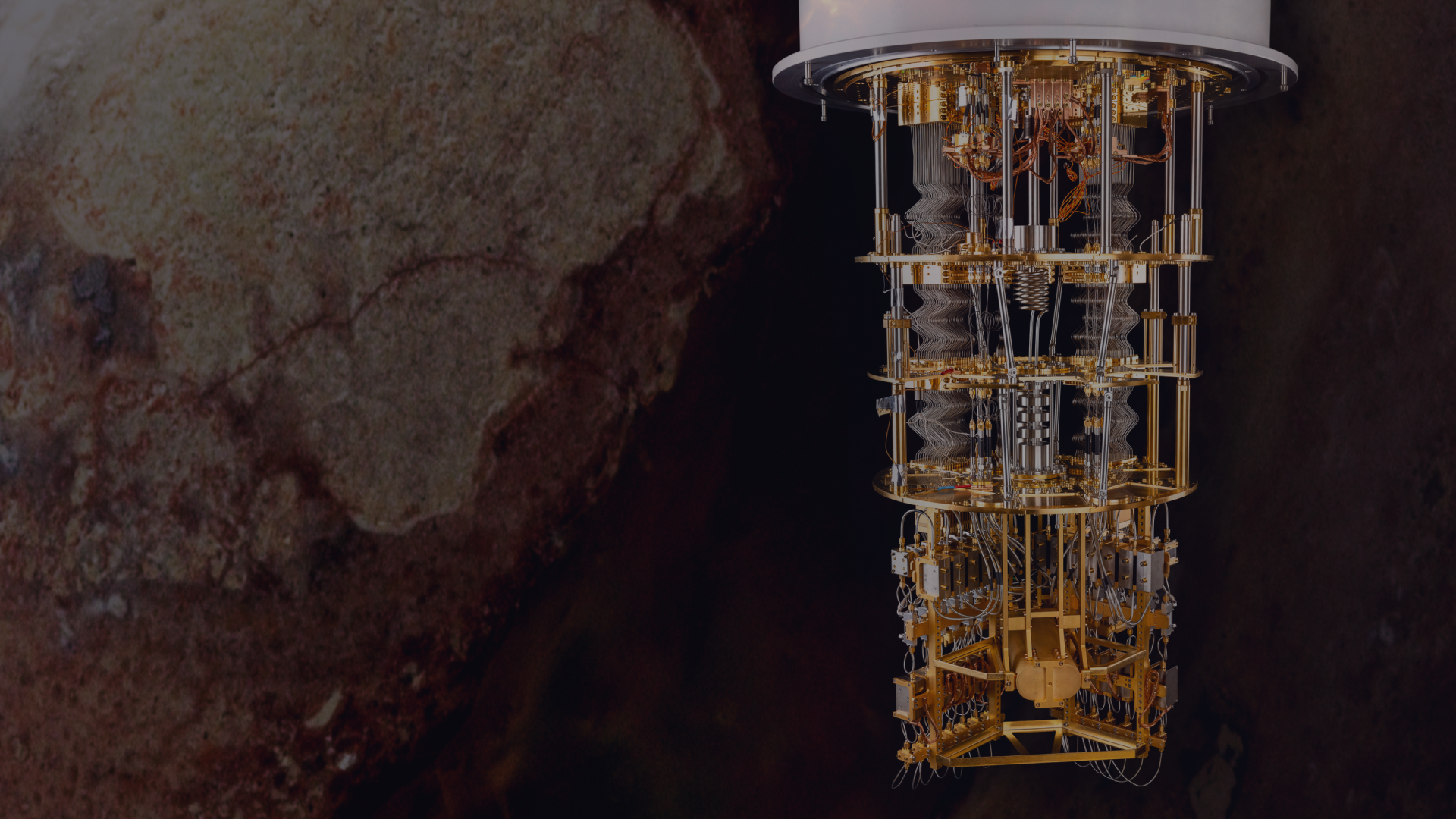Boost quantum algorithm performance up to 9,000x with Fire Opal


Recently our team published new experimental benchmarking results of an automated deterministic error suppression workflow for quantum algorithms. These new benchmarking results on IBM hardware show up to 9,000x advantages over quantum algorithms executed using the best compilers in the industry - our newest infrastructure software solution, Fire Opal!
The quantum computing industry needs to deliver huge improvements in the performance of quantum computers to make the hardware truly useful to enterprise, unlocking problems from finance to materials science.
By targeting the Achilles Heel of quantum computers - hardware error - our team has identified totally new pathways and productized a solution to deliver on this objective, dramatically reducing errors not only in individual quantum logic elements, but also entire algorithms.
Accelerating the path to quantum advantage
Hardware error is the biggest brake on quantum computing’s progress, standing between us and quantum advantage - when it’s economically or technologically appropriate to choose a quantum computer to solve a problem.
Using Fire Opal, we’ve demonstrated algorithmic improvements >1,000x, closing the performance gap between the promise of the growing quantum computers emerging on the market and the actual performance they deliver to end users.
And looking even further out, combining these device and circuit-level improvements with quantum error correction will be critical to making large-scale quantum computing a reality. We are truly making quantum computing useful!
Our latest results are truly transformational and we’re making these capabilities available to developers and manufacturers of quantum computers through a totally new zero-config toolset for quantum computing end users.
Innovative approaches to error suppression in quantum algorithms
Fire Opal is a totally new toolset for algorithmic enhancement on real quantum computers designed specifically to scale to large system sizes. It builds on our flagship technical product, Boulder Opal, and introduces several major new innovations that reset industry expectations for performance.
- Efficient front-end compiler: We have optimized a front-end compiler, combining the best qualities of both TKET and the Qiskit L3 compiler to ensure stable generation of compact circuits. Use ours or use your own.
- Error-suppressing back-end compiler: Reducing errors in quantum computers is our speciality. We leveraged our deep expertise in quantum control and real quantum computing hardware to design a two-stage process for reducing errors at the circuit level. First, we automatically replace all identity gates with a custom-designed error-suppression routine designed to cancel not only simple memory errors but also crosstalk induced by nearby gates. Next, we use an AI-powered routine to automatically optimize all of the performance-limiting quantum logic gates across a device using our closed-loop automatic optimization algorithms.
- Scalable measurement error mitigation: Finally, we have developed a new routine to improve the readout of the quantum algorithm’s answer. This measurement-error-mitigation scheme outperforms other approaches by up to ~30% and simultaneously uses fewer calibration measurements. In fact, its scaling is independent of qubit number!

We pass quantum algorithms through this toolchain before executing on real quantum computers. The net result is that the algorithms are much more likely to succeed when executed using our infrastructure software than any other approach known.
Transformational results for quantum computing hardware
Fire Opal has shown huge results across a range of algorithms. Let’s examine a couple of examples.
Bernstein-Vazirani algorithm
First, the Bernstein-Vazirani algorithm, a key benchmark established by the QED-C in its recent manuscript on “Application Oriented Performance Benchmarks.” In this case we can see plainly that the Q-CTRL approach always delivers the best performance, but our advantages grow rapidly with the width of the circuit. With a 16-qubit superconducting processor we’ve now demonstrated up to 9,000x advantages over competitive approaches. And even better, the advantages grow exponentially with the number of qubits!

The performance metric in use is the “success probability” which is more generous to the competitors than the “circuit fidelity” used in the recent paper from the QED-C.
Grover's Search algorithm
Next, we looked at Grover’s Search algorithm - a needle-in-a-haystack algorithm for unstructured search. In an example with five qubits our software changes the outcome in a binary way, transforming from a solution that’s “just wrong” to one that is qualitatively correct. Even though the quantitative benefit in success probability is only about 20-30x improvement in this case, the qualitative value delivered to the end user is plain to see.
In these demonstrations we’ve compared Fire Opal against the most advanced circuit compilation and measurement-error-mitigation strategies accessible publicly. This means we compare against highly compact circuits that minimize gate counts and are known to deliver the most performance achievable from the hardware - without Q-CTRL that is.

Access this capability for your own algorithms today
We’re thrilled to bring all of this capability to quantum algorithm developers and end users through Fire Opal.
Fire Opal will soon be available on AWS Braket, giving you access to a wide range of quantum computing backends.
Our earliest partners are excited about the results
Hear from some of our earliest partners who have already been pretty excited about the results before we launched!
Zapata Computing is one of our partners focused on the application layer of quantum computing. At Q2B in December last year we offered a first sneak peak of how Fire Opal could help in joint work, improving the success of a variational algorithm on a small quantum computer by more than 7x. And that was only one of our earliest partner demonstrations!
BEIT develops novel quantum algorithms and their implementations with the aim of pushing the boundary of what is possible on quantum hardware. They’ve worked with our team to test how this capability can support their own R&D.:
“Our preliminary research has suggested that the combined performance of BEIT algorithms accelerated by Q-CTRL’s Fire Opal product is able to achieve unprecedented results on popular benchmarks like Grover Search on larger Quantum computers. BEIT has been pushing the limits on quantum algorithms but has faced the same barriers as everyone else in hardware performance. We were impressed how Fire Opal has opened totally new frontiers in our research and is bringing quantum advantage closer, enabling results better than classically possible for one of the cornerstone quantum algorithms. In some cases this software fundamentally transformed hardware, allowing results deemed impossible by previous benchmarks."
Paulina Mazurek, CEO of BEIT
“The team delivered unrealistically-impressive results. I provided circuits that produce hot garbage on NISQ devices -- sheer noise -- and they showed me useful results. This means that with algorithms for which I normally need quantum computing simulators to show proofs-of-principle, I can now use Fire Opal results to show qubits actually working as intended … Fire Opal seems like a prudent investment for quantum computing startups, especially those on the software and algorithms side. There's clear value in conclusively demonstrating to investors and customers that your products aren't just simulated to work; they actually work and they're ready for the post-NISQ era.”
Brian Siegelwax, Quantum Zeitgeist writer and algorithm developer
We’ve been thrilled to receive this kind of response from true experts in the implementation of quantum algorithms and we are excited to make this technology available to you!
Get started with Fire Opal for free today to execute algorithms on cloud quantum computers and achieve massive performance boosts, all with zero extra work on your part.
Permalink: https://bit.ly/3vMMJS5


